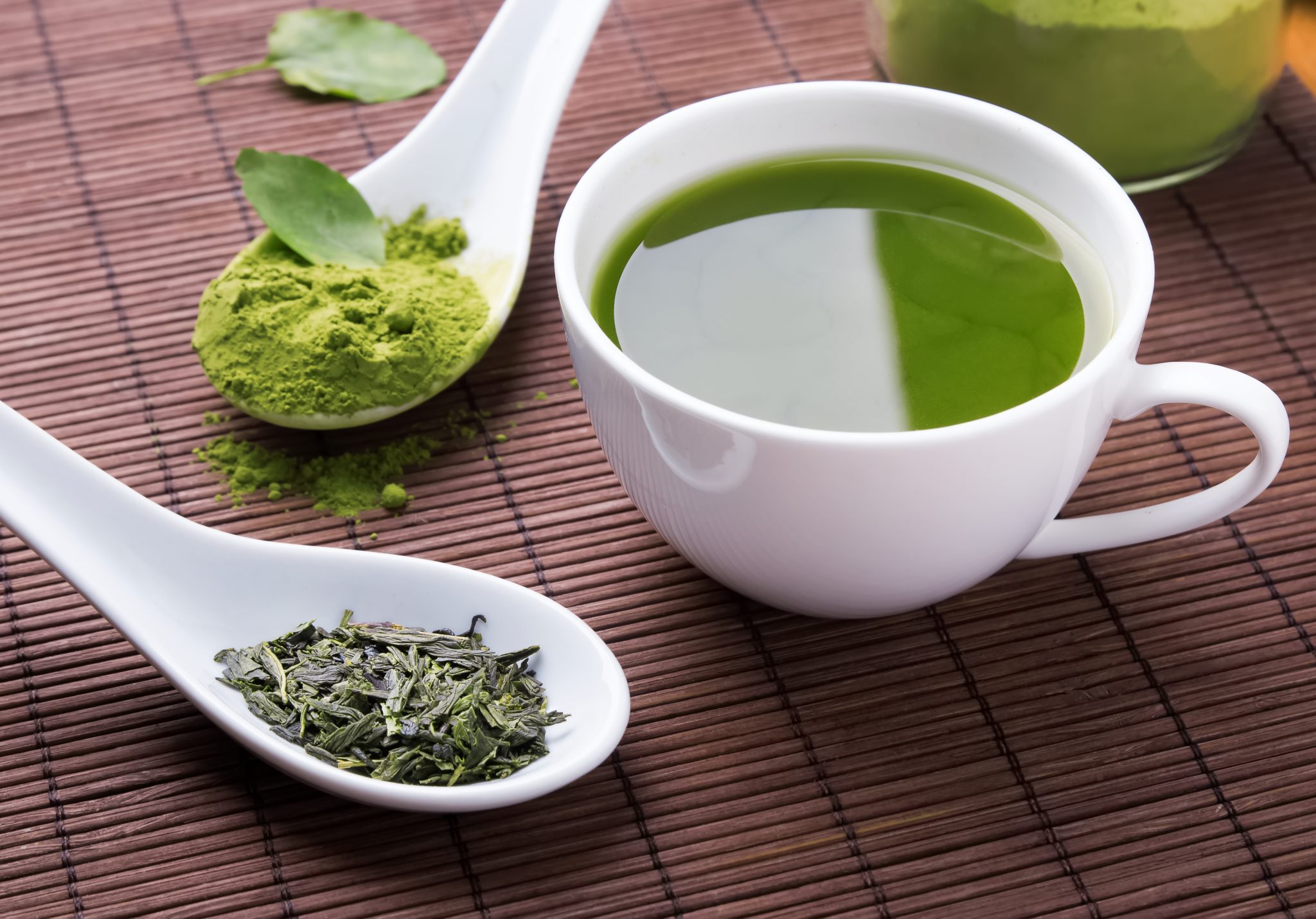
Energizing Substitutes for Coffee
Do you love the energy boost you get from your steamy cup of coffee, but hate the crash after? Coffee isn’t unhealthy when consumed in moderation, but there are side effects to drinking your regular cup of Joe. Although the recommended daily maximum for coffee is 3–4 cups (equivalent to 400 mg of caffeine), that may be too much for people who are sensitive to caffeine, or for those with certain health conditions (Mayo Clinic Staff, 2017). Some adverse health effects from drinking coffee may include:
Weight gain
Caffeine in coffee increases the level of your stress hormone cortisol, and elevated cortisol levels have been shown to contribute to weight gain (Lovallo et al., 2006)
Low energy
Caffeine stimulates the body’s adrenal system, which boosts energy for a short period of time. However, prolonged adrenal stimulation taxes these vital organs, and can contribute to adrenal burnout, leaving you fatigued.
Mineral deficiency
Caffeine affects iron absorption in the stomach, and iron is a mineral important for energy production. It also reduces the kidneys’ ability to store zinc, calcium, magnesium and other important minerals that are needed for energy production.
Disrupted sleep
Caffeine stays in your system for 6–8 hours, so if you are consuming it after midday, it can disrupt your sleep, leaving you tired in the morning (Butler & Cherney, 2017)
Do not fret! I am providing you with some delicious alternatives to coffee that will keep you energized throughout the day, and that also have some surprising health benefits.
Matcha Green Tea
Matcha Green Tea powder is made from whole green tea leaves that are stone ground into a fine powder. Matcha is an excellent substitute for coffee, as a one-teaspoon serving of matcha contains enough caffeine to give you an energy boost, but is only 1/5th the amount of caffeine as a cup of coffee. In addition, the caffeine in matcha is delivered to the body slowly over 6–8 hours, which provides long lasting energy as opposed to a spike and crash in energy like with coffee. Other benefits of drinking matcha include immune system support, cancer-fighting antioxidants, and weight loss (Hursel, Viechtbauer, & Westerterp-Plantenga, 2009). To drink matcha, dissolve ½ to 1 tsp. powder into water, almond milk, or coconut milk.
Yerba Mate
Yerba mate is an herbal beverage made from the leaves of the yerba mate plant that are picked and dried in a similar way to tea leaves. The taste of yerba mate is similar to green tea. One serving of yerba mate contains about ¾ the amount of caffeine as a cup of coffee, but it also delivers important amino acids and nutrients. Like coffee, it provides an energized feeling after drinking, but with the added benefits of focus, fewer jitters, and lack of disrupted sleep. To prepare, the leaves of yerba mate need to be steeped in hot water.
Green Vegetable Juices
Incorporating more greens into your diet can significantly boost your energy levels. Green vegetables are a great source of nutrients, most notably chlorophyll. Chlorophyll can be found in all green plants, it helps deliver more oxygen to the body, which is essential for energy production. Vegetable juice not only helps increase energy, it is a great source of antioxidants, and aids in detoxification. One of my favorite combinations for a green juice is green apple, kale, celery, cucumber, lime, and ginger.
Protein-Based Smoothie
Protein is critical in delivering energy to your body, and has been shown to boost alertness and concentration by stimulating the production of a brain chemical called orexin (5). To provide your body with sustained energy, try adding a protein powder to a smoothie. Some great protein powder options include pea, collagen, bone broth, or vegan protein powders.
We would love to help you with your nutrition needs here at Naturna. Give us a call at 646-609-4250 to schedule an appointment!
Works Cited:
Butler, N. & Cherney, K. (2017) How Long Does Caffeine Stay in Your System? Retrieved from https://www.healthline.com/health/how-long-does-caffeine-last
Hursel, R., Viechtbauer, W., & Westerterp-Plantenga, M. S. (2009). The effects of green tea on weight loss and weight maintenance: a meta-analysis. International journal of obesity, 33(9), 956.
Karnani, M. M., Apergis-Schoute, J., Adamantidis, A., Jensen, L. T., de Lecea, L., Fugger, L., & Burdakov, D. (2011). Activation of central orexin/hypocretin neurons by dietary amino acids. Neuron, 72(4), 616-629.
Lovallo, W. R., Farag, N. H., Vincent, A. S., Thomas, T. L., & Wilson, M. F. (2006). Cortisol responses to mental stress, exercise, and meals following caffeine intake in men and women. Pharmacology Biochemistry and Behavior, 83(3), 441-447.
Mayo Clinic Staff (2017, March 08). Caffeine: how much is too much? Retrieved from https://www.mayoclinic.org/healthy-lifestyle/nutrition-and-healthy-eating/in-depth/caffeine/art-20045678


